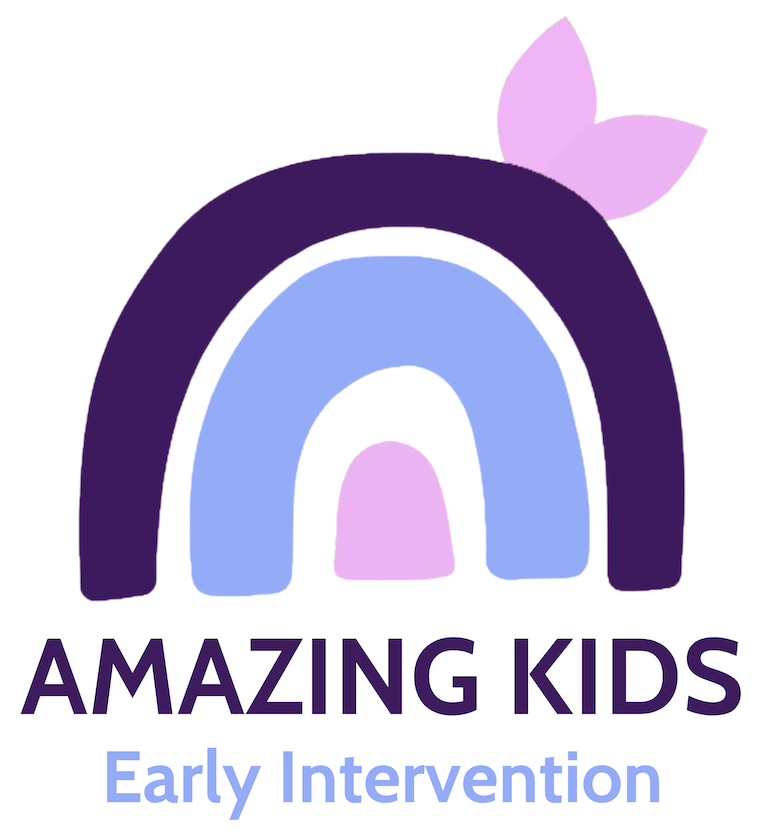Play is a powerful tool for growth and learning, and for children with Autism Spectrum Disorder (ASD), fostering play skills is an essential aspect of their overall development. Children on the spectrum often face unique challenges engaging in play, such as limited communication abilities, limited interests in toys, or difficulty initiating interactions with peers. Play skills, however, are pivotal in helping children with ASD develop social, emotional, cognitive, and motor competencies. Through targeted early intervention and support, it is possible to nurture these important skills, enabling autistic children to enjoy the many benefits of play and meaningfully engage with their environment.
The Early Start Denver Model (ESDM) is an evidence-based early intervention approach that adopts a play-based perspective to effectively address the developmental needs of young children with ASD. By incorporating relationship-building, individualised assessment, naturalistic teaching strategies, and parent coaching, the ESDM offers a comprehensive framework for nurturing play skills in children with autism. At Amazing Kids, our team of dedicated and experienced therapists is committed to harnessing the power of ESDM principles to support and enhance play skills development in young children on the spectrum.
In this comprehensive blog post, we will delve into the importance of play skills development for autistic children, explore the ESDM methodologies employed by our therapists at Amazing Kids, and discuss how we utilise this innovative early intervention approach to help children with autism reach their full potential. Furthermore, we’ll offer practical tips for parents to support their child’s play skill development at home, fostering a nurturing and empowering environment for their amazing children to thrive.
Why Play Skills Development in Autistic Children Matters
Play is a fundamental aspect of childhood, offering a medium for learning, exploration, creativity, and social interaction. For children with Autism Spectrum Disorder (ASD), challenges in play can limit opportunities for growth and connections with others. Developing play skills is crucial for autistic children, as it:
1. Builds social competencies: Play enhances communication skills, cooperation, and empathy, fostering healthy relationships.
2. Promotes cognitive development: Engaging in various forms of play helps develop problem-solving abilities, attention, and imagination.
3. Fosters emotional growth: Play allows children to express, understand and regulate their emotions.
4. Enhances motor skills: Active play strengthens physical coordination and motor abilities.
ESDM Methodologies for Promoting Play Skills
The Early Start Denver Model (ESDM) is a relationship-based, play-focused intervention approach that addresses the developmental needs of young children with ASD. Our therapists at Amazing Kids utilise ESDM techniques to develop play skills, including:
1. Individualised assessment: Goals and intervention plans designed according to each child’s strengths, interests, and needs.
2. Relationship-building: Positive relationships with therapists and peers are nurtured through joint activities and shared enjoyment.
3. Naturalistic teaching strategies: Therapists incorporate learning opportunities into engaging, play-based activities.
4. Parent coaching: To ensure continuity and reinforcement, we empower parents with the skills and resources needed to support their child’s play at home.
Play Skills Development at Amazing Kids
Our dedicated therapists are committed to helping children with autism build play skills through tailored ESDM interventions. Here’s how we approach this crucial aspect of a child’s development:
1. Comprehensive assessment: A thorough evaluation helps develop a clear understanding of each child’s unique strengths and needs in play.
2. Play-based intervention plans: Highly individualised plans incorporate a variety of play experiences and goals for each child.
3. Collaborative play sessions: Therapists guide children through structured and unstructured play scenarios to practice skills and establish positive peer relationships.
4. Supportive environment: Our carefully designed play spaces provide a welcoming and enabling setting for children to explore and learn.
Tips for Supporting Play Skills Development at Home
Parents play a critical role in supporting their child’s play skill development. Here are some tips to help foster your child’s growth:
1. Provide opportunities for exploration: Offer a variety of play materials, toys and sensory experiences that align with your child’s interests. Encourage them to interact with their environment in novel ways.
2. Engage in joint play: Get down to your child’s level and become an active participant in their play activities. Share joy and interest in their discoveries to strengthen emotional connections.
3. Encourage-turn taking and sharing: Guide your child through cooperative play scenarios that involve taking turns, sharing, and working together.
4. Narrate the play: Use simple language to describe your child’s play actions, helping them develop communication skills and reinforce the value of their actions.
Empowering Autistic Children Through Play Skills Development
For children with ASD, developing play skills is essential in fostering overall development and building connections with others. By implementing the ESDM methodologies and collaboration between our certified therapists at Amazing Kids and supportive parents, we can help unlock the potential of these amazing children through tailored and engaging play experiences.
By nurturing their interests, offering a variety of play opportunities, and providing a supportive environment, we can empower autistic children to develop essential skills and enjoy the many benefits that play brings to their lives. With the right support, resources, and guidance, you can pave the way to a brighter and more fulfilling future for your amazing child.
